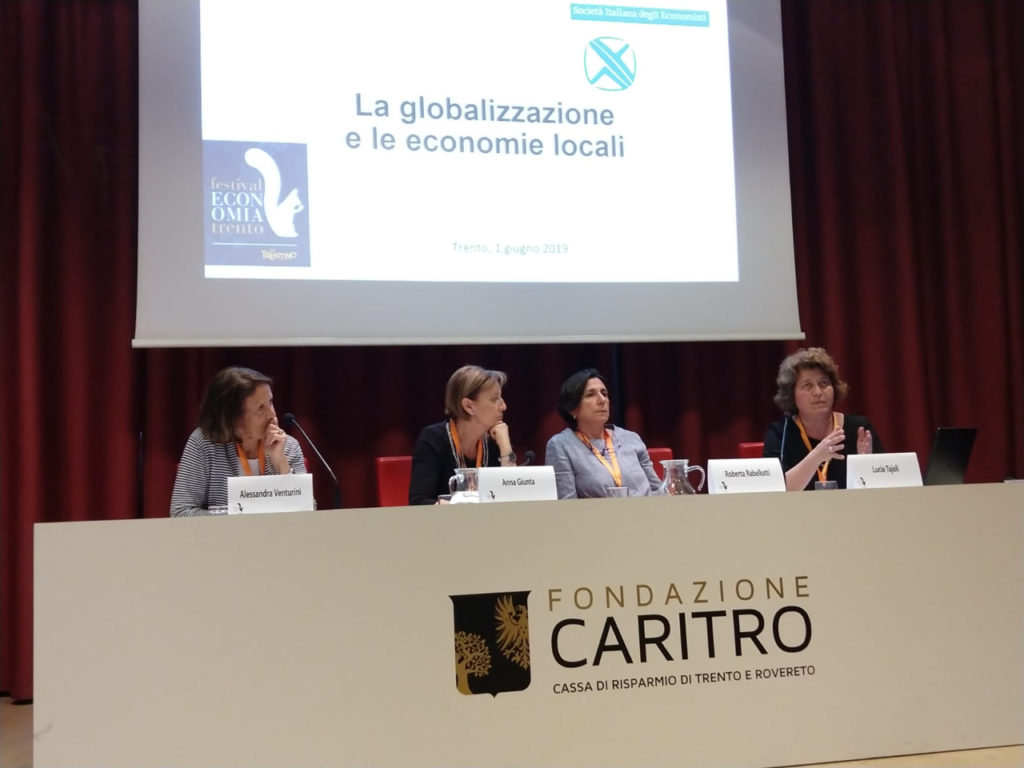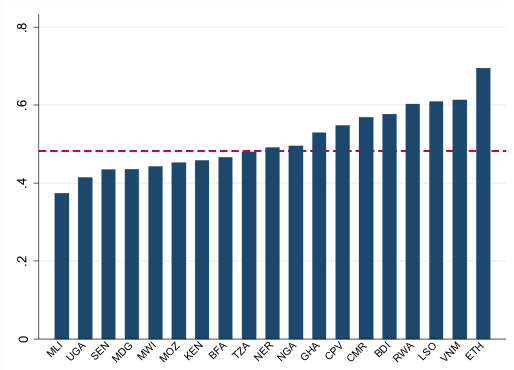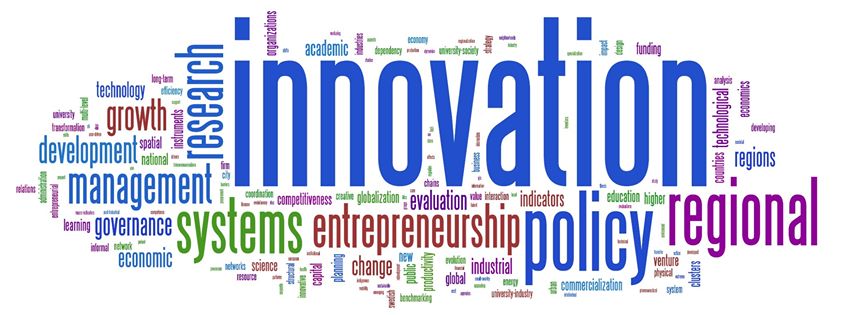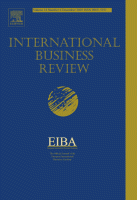La globalizzazione e le economie locali
On June 1st on behalf of the Società Italiana degli Economisti I organized a round table on Globalization and local economies at the Festival dell’Economia in Trento with Anna Giunta, Lucia Tajoli e Alessandra Venturini.
Here is the link at the program.




